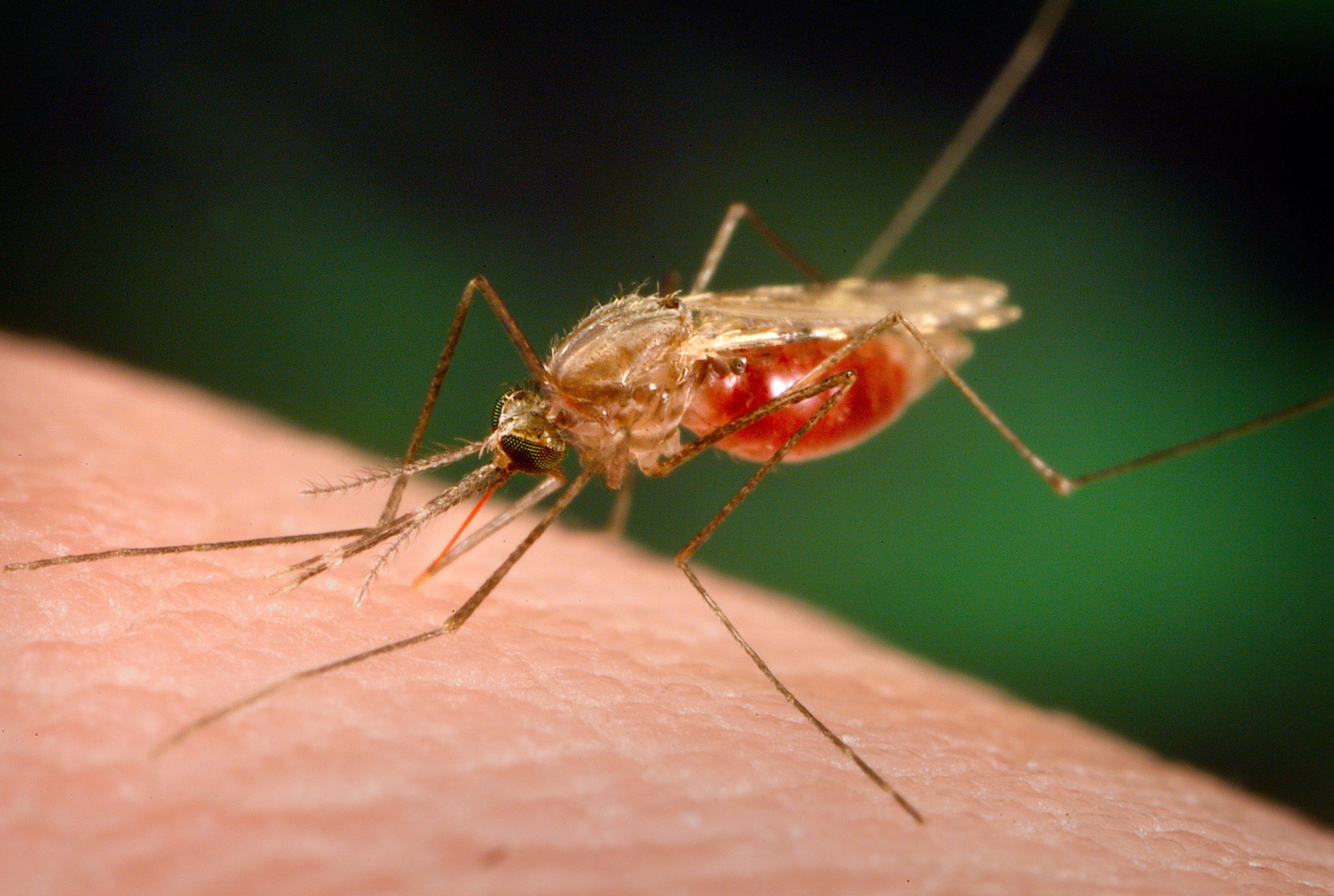Namibia has been busy the past few weeks.
We’ve had to deal with unprecedented flooding, laid to rest our beloved founding president, and celebrated our independence while also welcoming the first female president and a new government. In all of this, we’ve had to live, progress and move as individuals, and one thing I admired throughout this was the unity under which all of this happened
Sentiment, memories and nostalgia are behind my thoughts for this week as I came across something I had not encountered in a while. The consumption of local fruit and veg for me goes beyond just eating, it comes with memories attached to it, favourite dishes.
In some ways it was overtly romanticised as something local but foreign, distant from people’s everyday tables and meals, inaccessible from all the commercialisation of our diets, which is sad really.
We sometimes need to look back and see what we’ve lost, what we are not eating now that those who have gone before us were eating. Life expectancy is not as wondrous as it used to be, even with advancement in medicine and all.
ALWAYS LOCAL
Me advocating the consumption of local food will not end.
I still have to get around the idea of why some people are apprehensive about including local fruits and foods in their diets – this still stuns me, truly. Anyway, all of this was brought about after I re-discovered the humble African cucumber.
Humble in name, but not in flavour.
I hadn’t seen one in a while and was overjoyed when I saw a friend randomly clearing a bush around their yard, and there they were. I engaged in a conversation, asking if they knew what they were.
They vaguely suggested they had heard some people eat them but they wouldn’t dare. This prompted me to undertake a survey on social media, where about 56 people were kind enough to respond.
Of this, 67% said they have eaten a horned melon, or at least would try one. The rest were on some “miss me with this one.”
ORIGINS
The horned melon is native to central and southern Africa, but is now also grown in other countries, including the United States. Its popularity in Zambia, Zimbabwe and parts of Malawi is quite high, but it may not be so known in more central regions of Namibia, Botswana and South Africa. The fruit itself grows all year round as an annual vine in the cucumber and melon family.
NUTRITIONAL VALUE & HEALTH BENEFITS
The African cucumber is nutrient rich, and according to studies – WebMD – is a good source of vitamin C, potassium, vitamin A, vitamin B6, magnesium, iron and a lot more.
It is considered to boost immune system functions thanks to A-tocopherol, an antioxidant your body needs to work the way it should and to stay healthy. It is also known to stop unnecessary blood clots.
In addition to this, it is said to prevent iron deficiency anemia, protects your heart, prevents the loss of electrolytes and may support blood sugar control. This makes it great for people slightly older who might be struggling with such conditions.
The bonus that we all seem to be searching for in this day and age? The African cucumber is relatively low in calories, carbs and fat.
Preparation
I feel this fruit should be treated like one would a cucumber. It can be eaten fresh or added to fruit salads, smoothies or desserts. The seeds are edible, but some people prefer to remove them due to their slightly bitter taste.
Here are a few ideas if you’re to come across it:
– Slice the fruit in half and scoop out the flesh with a spoon and eat.
– Remove the thorns, wash, slice, add a dose of salt and a pinch of chili flakes and enjoy.
– Pickle it in some vinegar and eat with whatever.
– Grab the pulp and add it to your favourite pre-run smoothie.
Stay informed with The Namibian – your source for credible journalism. Get in-depth reporting and opinions for
only N$85 a month. Invest in journalism, invest in democracy –
Subscribe Now!










